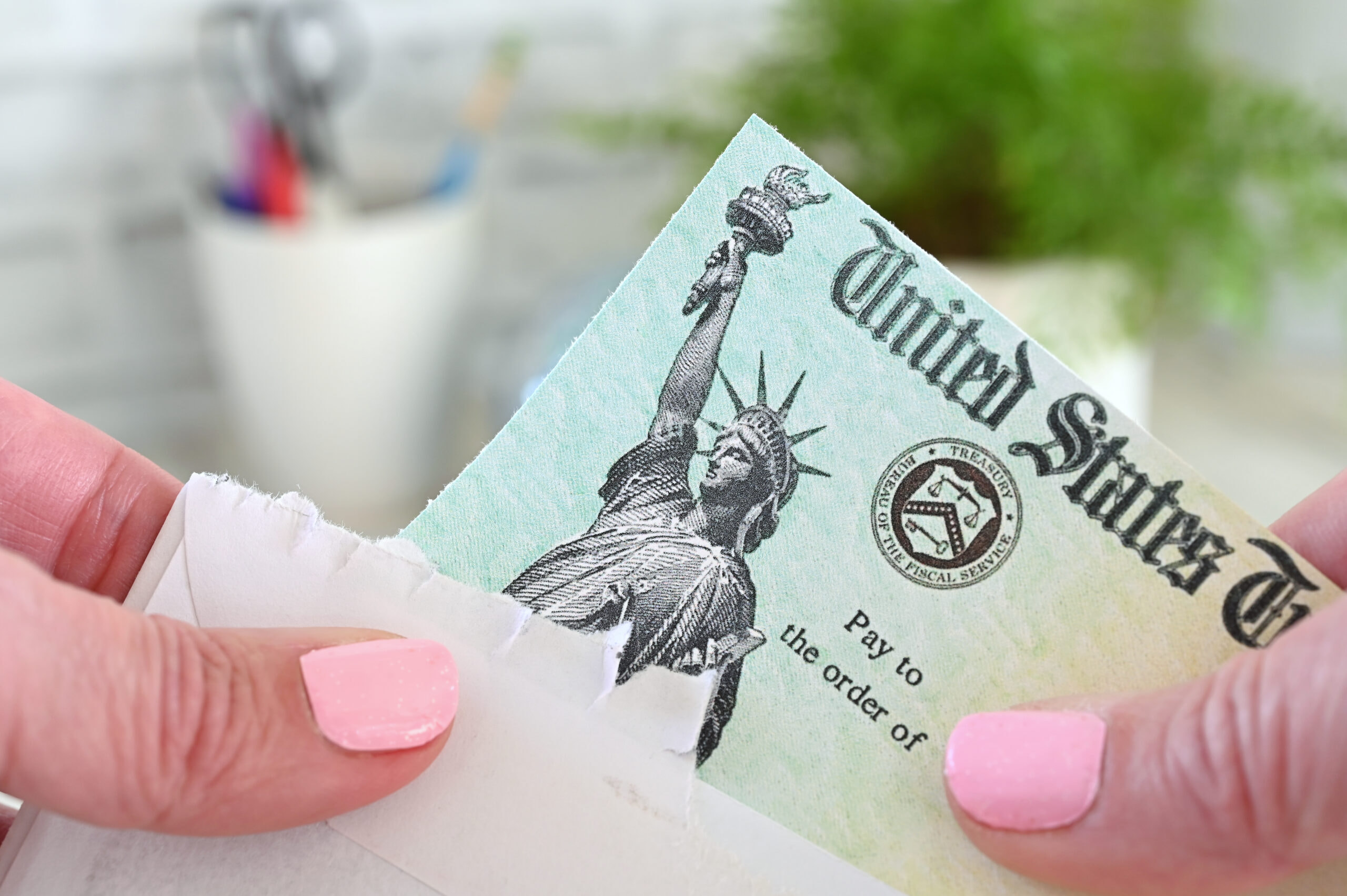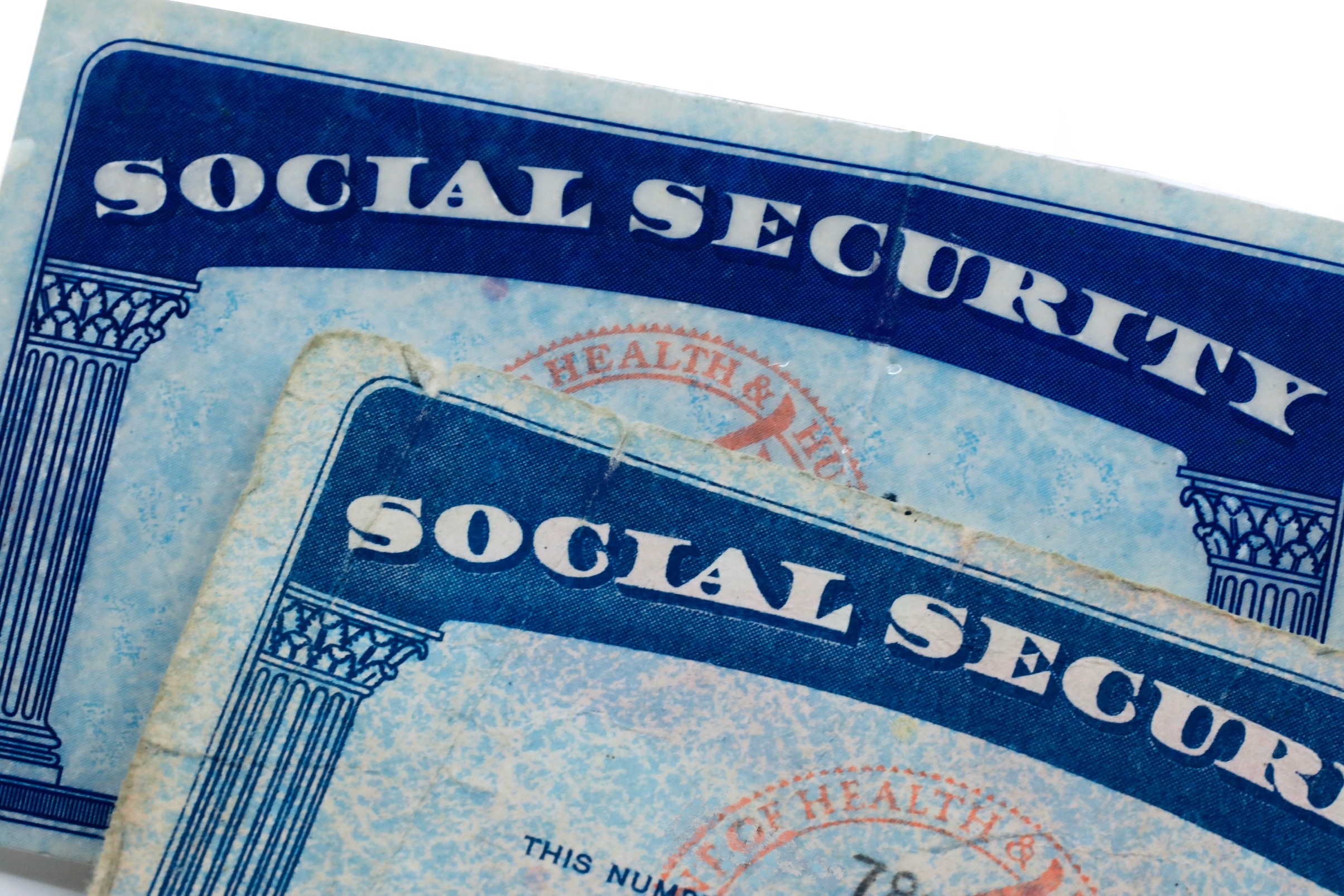There is no shortage of news stories about scams and fraudsters out to get your money. That's why Netspend created a truth-or-scam quiz to help consumers become more aware of the different ways criminals may try to access your personal information or financial accounts. Around 858 quiz-takers completed the assessment, with over 75% getting a better-than-average score. Just under 4% of quiz-takers were too trusting, revealing that they would give out private information or follow a scam unknowingly, and around 20% ranked somewhere in the middle.
Perhaps the most interesting part of the quiz was the answers many people got wrong. Here are the questions most likely to trip up consumers today. Would you have answered differently?
Commonly missed Truth-or-Scam quiz questions
1. Your utility bill is past due
Respondents were asked what to do if a debt collector calls about an overdue utility bill. The caller has all the information about the account, but you're certain you had already taken care of it. If given a choice, 42.1% of respondents answered that they would ignore the call rather than ask the agency to send them a paper bill for further investigation.
This shows that many people don't know much about bill pay scams and how to handle requests for debt repayment. While spam is common, would you know what to do if a real debt collector called? To avoid the potential for making a late payment or becoming a victim of bill fraud scheme, please consider reviewing your account records, previous payments and contact your utility company to verify the accuracy of the bill statement
2. You owe taxes
Quiz-takers were asked what they would do if someone claiming to be from the IRS called and demanded payment to avoid penalties. Surprisingly, 16.6% of respondents didn't know that government authorities would send a message like this through the mail and not ever collect payment over the phone. Not understanding how tax communications work and how tax fraud happens can put someone at higher risk of identity theft and fraud.
3. Can you fund my charity?
Finally, 16.1% of quiz-takers were unsure of the right way to donate to a charity fundraiser suggested by a friend or acquaintance on Facebook. Even though the GoFundMe site is a real site for donations, there are red flags to know about before handing over money and a better way to donate to a reliable charity directly. This tells us that while well-meaning, many people don't understand how easy it is to set up a fake charity scam.
How you can protect yourself from scams
From this quiz alone, it's apparent that some people have a hard time distinguishing between real and spam phone calls. This is understandable since phone calls aren't the most popular way for people to reach out these days. There are different rules for different phone interactions, as well. For example, the Fair Debt Collection Practices Act sets laws for how debt collectors can interact over the phone. Knowing these rules can help you be more aware, but they are just one area of consumer finance that can help.
If you aren't sure if a call, email, letter, or social media post is real, who can you turn to? Start with these resources:
Netspend Security Center
With helpful articles, Q&As, and links to reputable resources, the Netspend Security Center is a good place to start if you suspect fraud. It features the next steps for anyone who has become a victim, as well as updated stories on the latest scams that may not have been covered yet in the news.
OnGuard Online
The Federal Trade Commission (FTC) has a vast pool of resources available through OnGuardOnline.gov to help guide consumers, educators, and even parents in making good decisions online and when dealing with callers. From videos to games to informative articles, visitors get access to tips for safeguarding your Wi-Fi, choosing secure passwords, using email safely, and more. Identity protection is easier with this help.
The FTC also has links on its site for reporting fraud or identity theft. Sign up for alerts to be notified of new scams as they learn about them.
FDIC
You may think of the Federal Deposit Insurance Corporation (FDIC) as the organization that insures bank accounts, but they do so much more. In addition to offering news items on how they are helping to protect banks (and bank accounts), they offer financial literacy tools and resources for getting access to banking services.
Can you tell the difference between truth or scam?
When it comes to protecting yourself from scams, knowledge truly is power. Take a moment to review your quiz answers, or take the Netspend scam quiz if you haven't already. What you learn may be surprising and provide you with an opportunity to grow into a more informed consumer. Stay vigilant!


